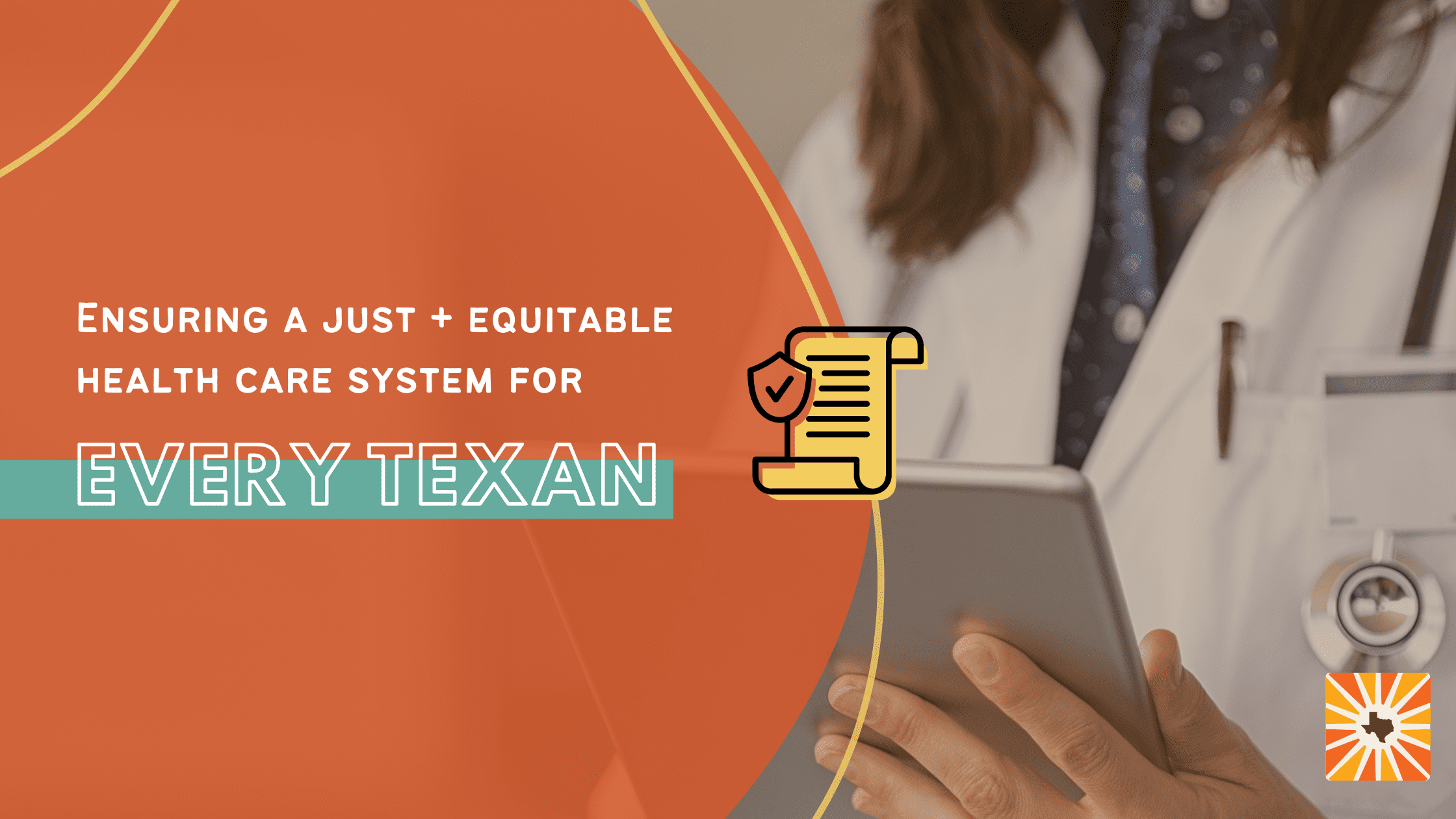As if navigating health coverage options isn’t hard enough for most Texans, a multitude of health plans not required by federal law to comply with the consumer protections in the Affordable Care Act (ACA) have proliferated the marketplace in recent years. Intended to be short-term, stopgap coverage for emergency situations, these plans are not regulated the same way other health plans are. They can discriminate against people with preexisting health conditions — which includes ever having been pregnant — and can refuse to pay for indispensable health care. Yet, these short-term, limited-duration insurance (STLDI) plans are often marketed in the same way as ACA-compliant plans and during the same Open Enrollment period.
Most people who enroll in these plans believe they are low-cost, comprehensive coverage or catastrophic major medical insurance. They do not realize the lower prices are a result of far fewer essential health care services being covered. This can lead people to forgo essential health care. It also commonly leads to unexpected, life-altering medical debt burdens. Medical debt continues to be a major challenge and barrier to economic stability and mobility for families in the United States and Texas. More than 40% of American adults experience the burden of medical debt, which disproportionately affects families of color, parents, women, and households with low incomes.
Despite polls showing an overwhelming majority of Americans believe the government should be responsible for regulating these plans and protecting consumers, the Trump Administration made changes that allow more of these STLDI plans to be sold for longer contracts. That leaves more Americans stuck with junk coverage with no way out. Since then, Every Texan and our patient and consumer advocate partners have been working on state-level measures while appealing to the Biden Administration for more urgency in closing these harmful loopholes. Unfortunately, many of these products cannot be banned and can only be regulated more closely with more consumer protections.
For Texas families who must find their own health coverage, these new guardrails around insurance-like products are a major win. The biggest changes include requiring short-term plans to notify consumers of what is not covered under the plan and direct consumers to comprehensive coverage as a part of this disclaimer. The changes will go into effect in September 2024 — a critical time as we ensure the hundreds of thousands of Texans who lost coverage during the Medicaid unwinding are finding comprehensive coverage during Open Enrollment of the ACA Marketplace this year.
